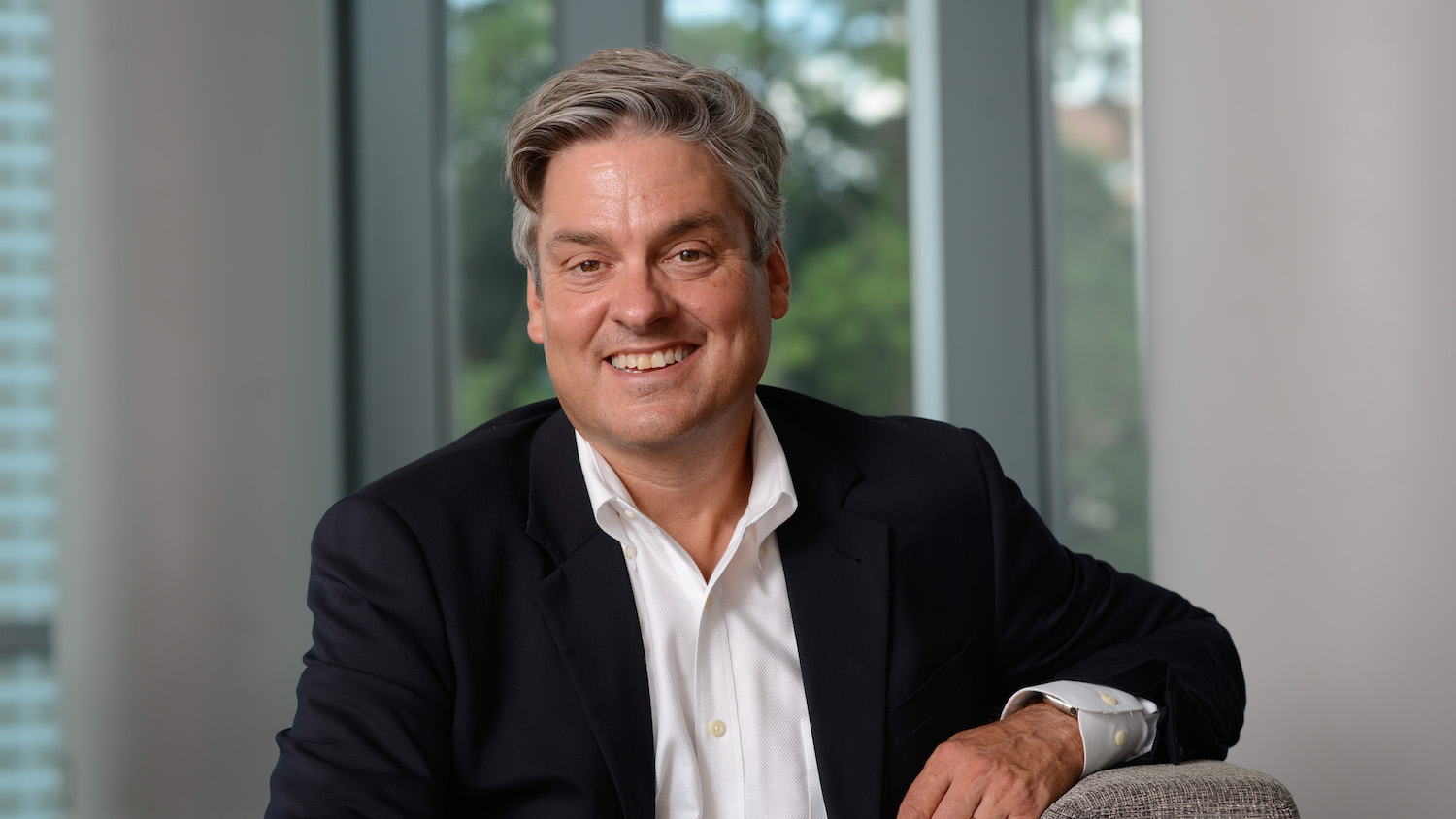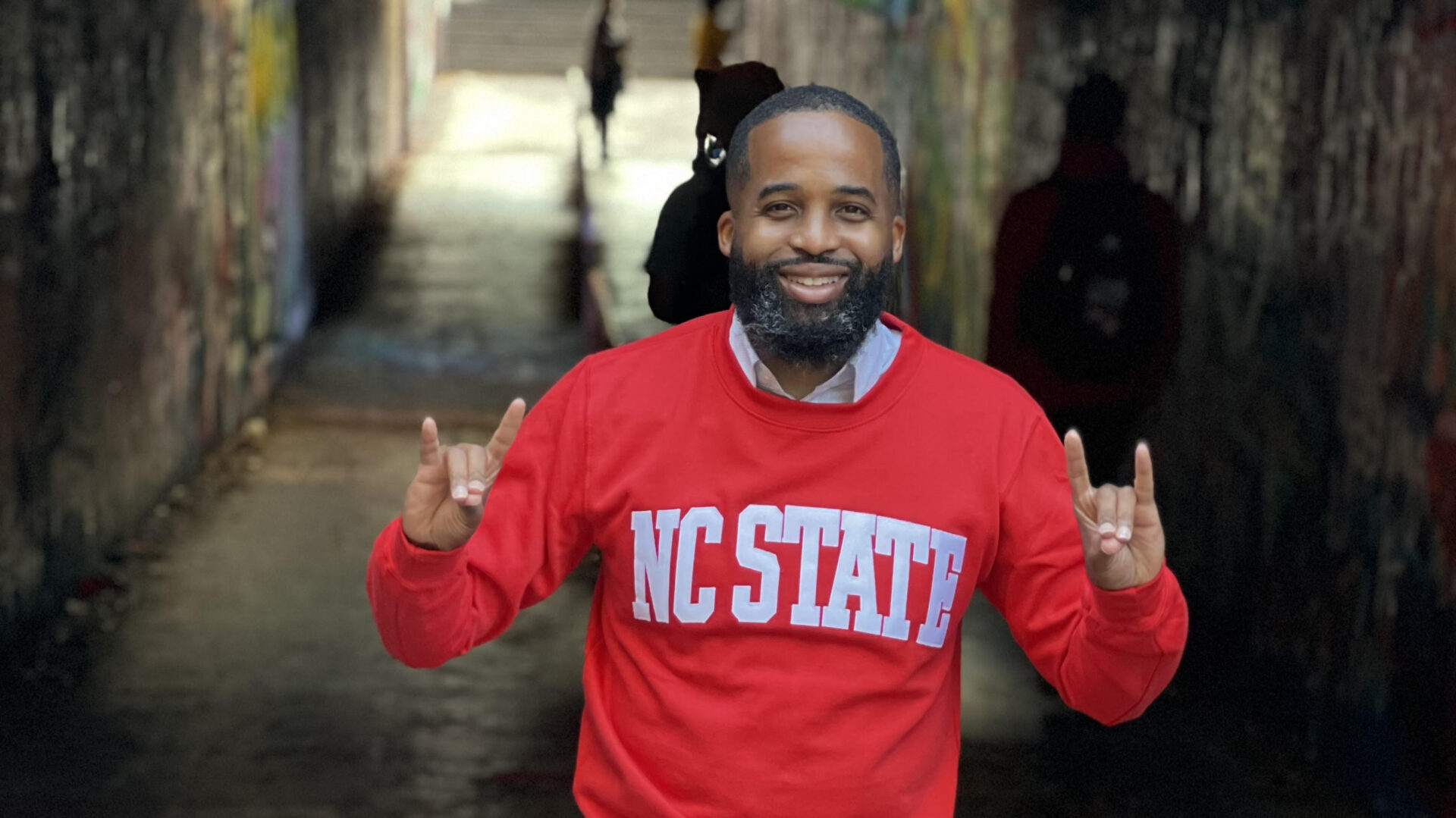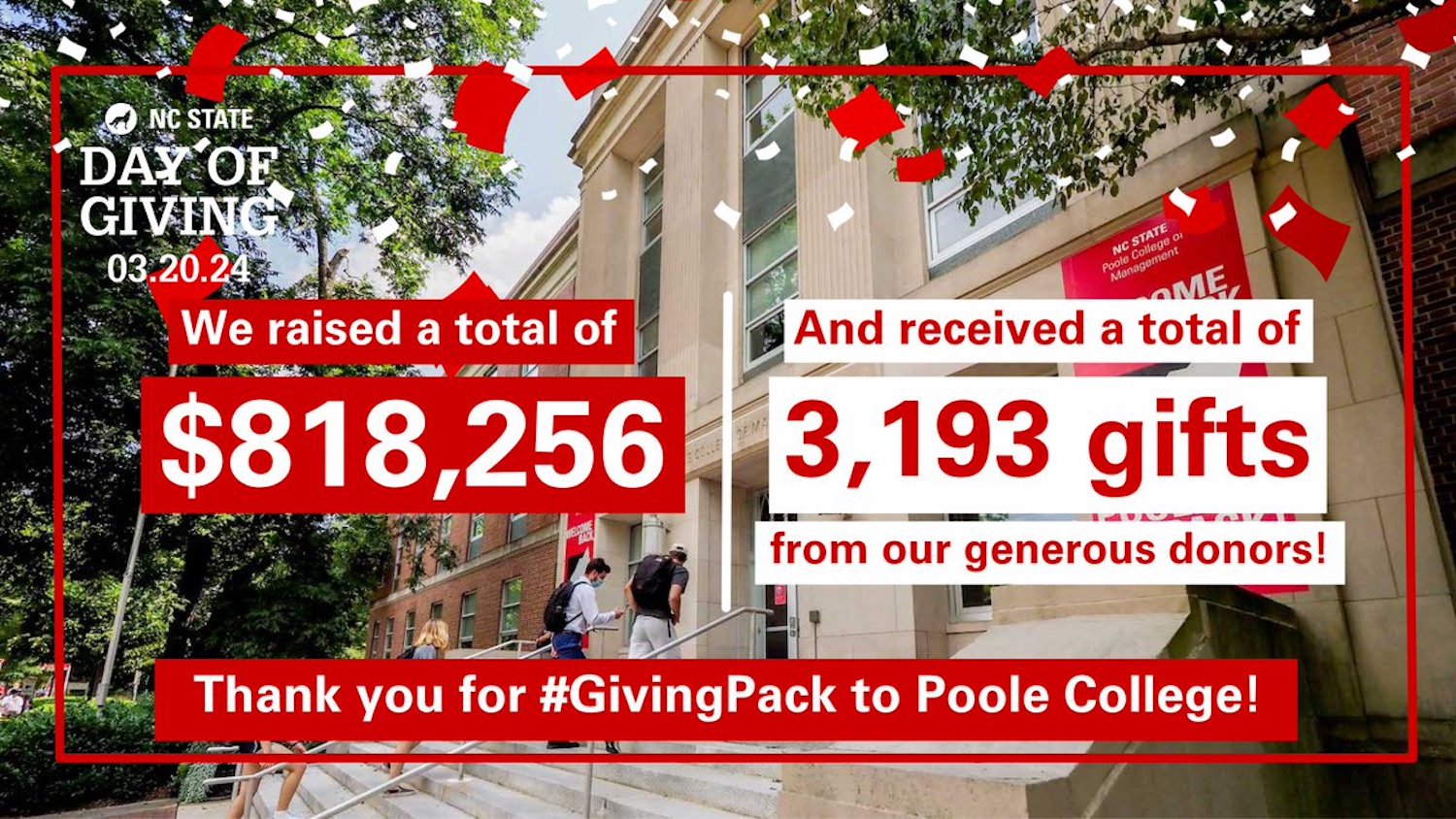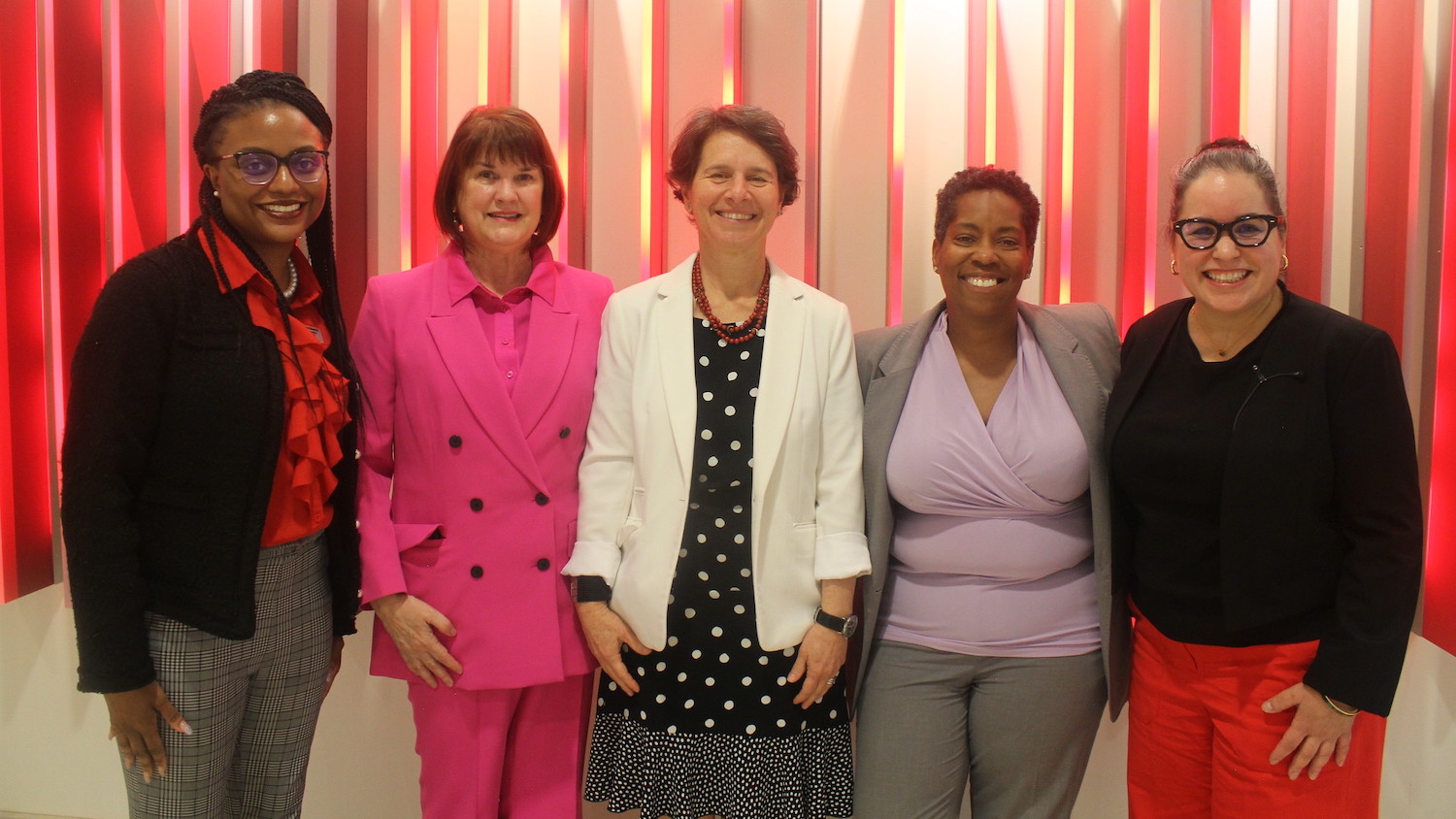Meeting the Demand for Supply Chain Expertise

In the weeks since COVID-19 began affecting the United States and the world, there has been a surge in demand for items like N95 masks, paper products, food products and more.
In reality, the pandemic has impacted the entire global supply chain of the healthcare industry, said Robert Handfield, executive director of the Supply Chain Resource Cooperative and the Bank of America University Distinguished Professor of Operations and Supply Chain Management at NC State University.
Handfield served as an expert on supply chain long before COVID-19, and has been called upon most recently to lend that expertise to hospitals, medical manufacturers, government acquisition companies and others in discussion about supply chain logistics and issues.
He has had interdisciplinary conversations on campus as well, talking with the Wilson College of Textiles, for example, about ways to reduce shortages in the supply chain.
[This professorship] gives us the opportunity to grow, to expand and to better serve the community.
Handfield’s role as a distinguished professor at NC State lends itself to the kind of support he provides in situations like these. Having an endowed position allows him time and resources to dig deeper into these issues, and resources to support graduate students who can work alongside him with a hunger to explore today’s supply chain challenges and find meaningful solutions.
Handfield arrived at NC State in 1999 from Michigan State University. Poole College of Management was in its infancy and he recognized the opportunity to develop a concentration in supply chain management.
“There was a strong need for graduates in supply chain management,” Handfield said. “And, there were a lot of companies in the Triangle – pharma, tech, healthcare and others – also in need of students, academic research and support in this area.”
He established NC State’s Supply Chain Resource Cooperative in 2000 and serves as its executive director today. The cooperative connects academic research and teaching with the problem-solving needs of business and industry, partnering with organizations ranging from GM to GSK to Duke Energy.
“All of these companies have complicated supply chains,” Handfield said. “We’ve been able to work through real-world problems for them with our students.
“Students love it – especially undergrads who had never worked in a supply chain setting; for them it was real exposure to a real-life problem.”
When he arrived at the university, few people on campus were talking about supply chain management and today it’s among the most popular majors within Poole College, he said. An annual career fair focused just on supply chain brings more than 50 companies to campus, and the program continues to rise in the rankings.
Join Us
As he works to grow and nurture the focus on supply chain at NC State, Handfield benefits in several ways from the private funding that comes along with a distinguished professorship. He continues to support the work of graduate students, some of whom have been exploring the sources of supply for various items and how they, at NC State, can support those sources.
“It’s been a very complex and challenging time,” he said. “I think these hospitals are going to need all the help they can get.”
Handfield called NC State’s students extraordinary. They arrive on campus, he said, with great technical and analytical skills and a passion to learn.
“They come in with humility, that they don’t know all the answers,” he said. “And they’re not afraid of doing all of these projects – you drop them into a project they know nothing about and they jump right in.”
With 30 years’ experience, Handfield has a sizable network, and he is able to make important connections between the university, companies and industries, he said.
“I can usually point people to a source, or some research I’ve done, or someone who knows more about a subject than I do,” he said. “I view myself as a network hub for thought leadership and connectivity in the industry.”
All of this is in keeping with the university’s Think and Do motto, Handfield pointed out.
“To ‘do,’ you have to have connectivity in industry; you need thought leaders; you need to bring in speakers,” he said. “The professorship gives me the opportunity – really, what it’s buying is my time – time to reach out to the community, to the business sector, to the government sector, to understand what’s going on and then to funnel that knowledge back into the university.”
Handfield emphasized the increasing importance of private support of higher education, as public funding continues to drop.
“We need funding to support the kind of activities that we’re involved with,” he said. “We need executive mindshare, their support and willingness to come in and work with our students on these projects.
“The funding gives us the opportunity to grow, to expand and to better serve the community.”
Handfield expressed his gratitude for the funding provided by the distinguished professorship, and pointed out that additional professorships would allow the university to continue to expand its abilities in fields like supply chain management.
“Supply chain management will become really critical, especially after this COVID crisis,” Handfield said. “It will realign the way countries source products.
“We’re going to need people who are ready to work in this new world. I’m grateful for the professorship, and even more, I think we’re going to need more of [that kind of funding] in the future.”
- Categories:


